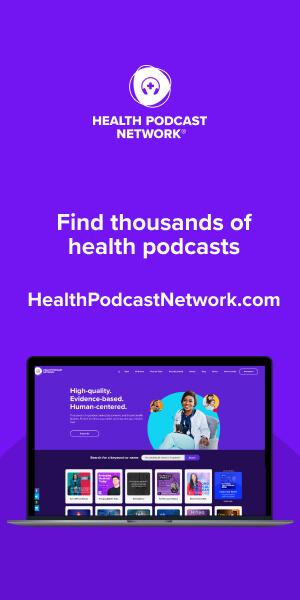Toronto, Canada ~ Collision, the fastest- growing tech conference in North America, was held in Toronto from May 20-23, 2019, and it attracted over 25,000 attendees, 700 speakers, 1,100 startups at Enercare Centre.
The first day of the conference set the tone, with sessions featuring Paddy Cosgrave, CEO and founder of both Collision and Web Summit events, and a special welcome from Canadian Prime Minister Justin Trudeau. The Prime Minister’s impassioned speech encouraged the attendees to collaborate and succeed.
“Think about the kind of communities the kind of world that you’re going to be building with the technologies that you’re leading. And as you do that, as you lead your way forward as you create tremendous success for you and your companies. Try and think about how you’re making sure to bring along the rest of society with you because if we don’t succeed together, we’re all going to fail separately.”
~ Justin Trudeau,
Canadian Prime Minister
Canada has invested in developing an innovation model that connects startups, global corporations, investors and scientists in hubs which promote strong collaboration between academia and industry. The hubs act as a bridge between Canadian Startups and global markets, some examples: Communitech, DMZ, OneEleven,MaRS, YSpace, RIC Centre, Haltech, Spark Centre, VentureLab IBM Innovation Space, JLabs health tech.
Canada has also embraced the power of multiculturalism, diversity and inclusion, and has developed programs to help its startups to differentiate themselves and attract the world’s best tech talent. Canada continues to invest in leading technologies such as AI, and was the first country to create a national AI strategy. The government commitment has committed $125 million to the sector to increase investments, grow the number of PhDs working on AI and develop research centres to establish Canada as the home of artificial intelligence.
The following three days of the Collision conference featured a high impact series of talks executed on different main stages divided by topics. The talks focused on the new sense of responsibility for innovation, and how technologies and innovations can contribute to improve our future and improve our world and health.
The overarching messages of the event were focused on diversity and inclusion, while sessions on sustainability, corporate social responsibility, supporting mental health and fighting a digital war against the anti-vaccine movement were also prominent topics in the conference.
One panel, which focused on sustainability, also reinforced the substantial power of technology and innovation to improve our world. Speakers from the Plastic Pollution Coalition, Oceana and the Leonardo DiCaprio Foundation, explained Canada’s role in protecting the world’s oceans. Approaching the topic from a different vantage point, Lucas Joppa demonstrated how also big companies like Microsoft are becoming part of the solution by applying Artificial intelligence to Scaling Climate Solutions.
The “HealthConf” track within Collision covered a wide range of topics including Braintech, disease and chronic illness, online health and data, nutrition, wellness and wearables. Opening remarks were delivered by Michael Landsberg, the famous Canadian sports journalist, which focused on mental health and how depression and other mental diseases are undertreated and underestimated. He shared his experience, having suffered generalized anxiety disorder and depression, and his own treatment journey. He emphasized to the audience that depression is not simply “sadness”; it is a disease that must be treated with the right journey and therapies.
The session on “the future of the medicine” featured speakers Dorry Segev (Neurosurgeon at Johns Hopkins School of Medicine), Nina Khera (The Knowledge Society and the youngest speaker – aged 13) and Zen Chu (MIT Hacking Medicine Institute). Together they explored the importance of regenerative medicine, transplants, bionics. Subsequent sessions dedicated to “Insight from inside: What cell data- sets can tell us” with Chris Gibson (CEO and Co-founder of Recursion) and Ashley McKimm (The British Medical Journal). They emphasized that biology and technology need to co-create value and innovation together – neither can do it alone.
The conference also featured demonstrations, such as one that showed how gamification can help explain difficult concepts such as depression, death and suicide to young children. This demonstration featured the company “Roblox” which offers a multiplayer online and game creation system platform that allows kids to create and play in 3D worlds with 90 million active global users.
A special session was dedicated to the online war on the anti-vaccination movement. Mona Siddiqui (US Department of Health and Human Services) explained how government and tech need to collaborate and protect against misinformation reducing the mis-information that has led to an increase in the number of children who are not vaccinated.
At the end, the sessions at Collision conference focused on disease prevention and preservation of health as key elements of the health system for the future, which can be achieved by inventing new ways to use sensors or other devices to convert data into useful information. In this new and accelerated era of health transformation, the role of data scientists and clinical experts is fundamental to study the correlations and increase methods of preventing illness.
Mark your calendar to attend Collision next year in Toronto on June 22-25, 2020.





